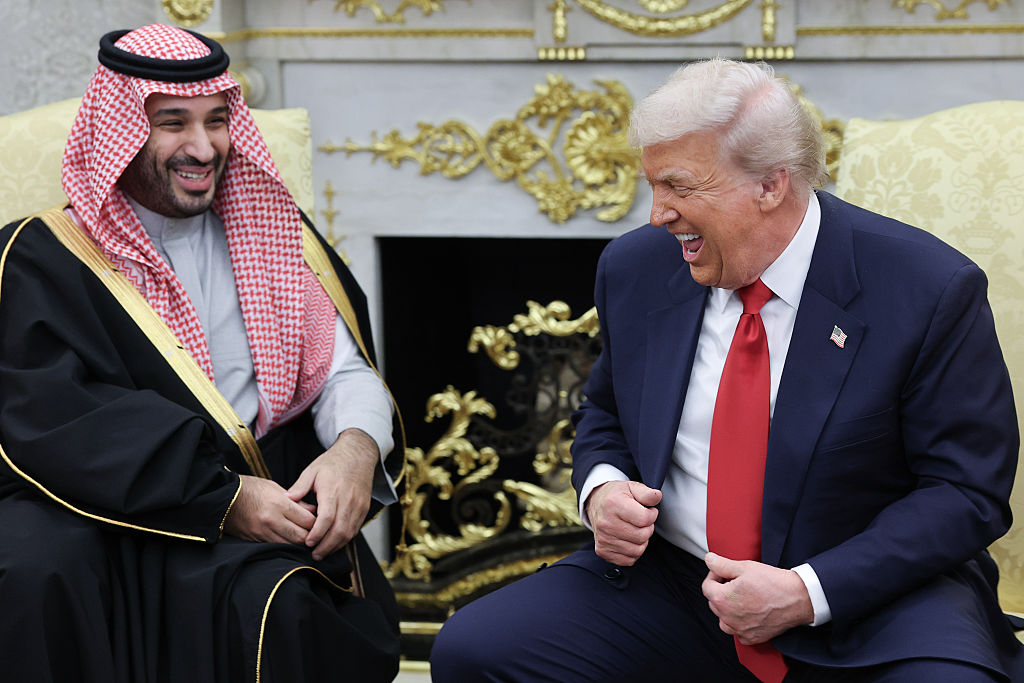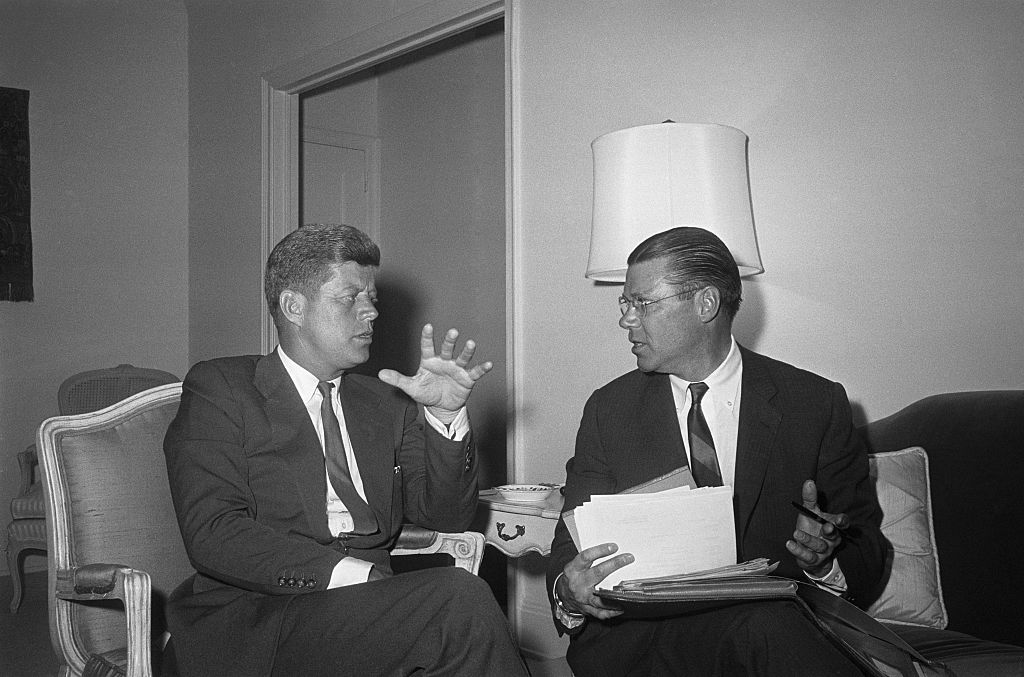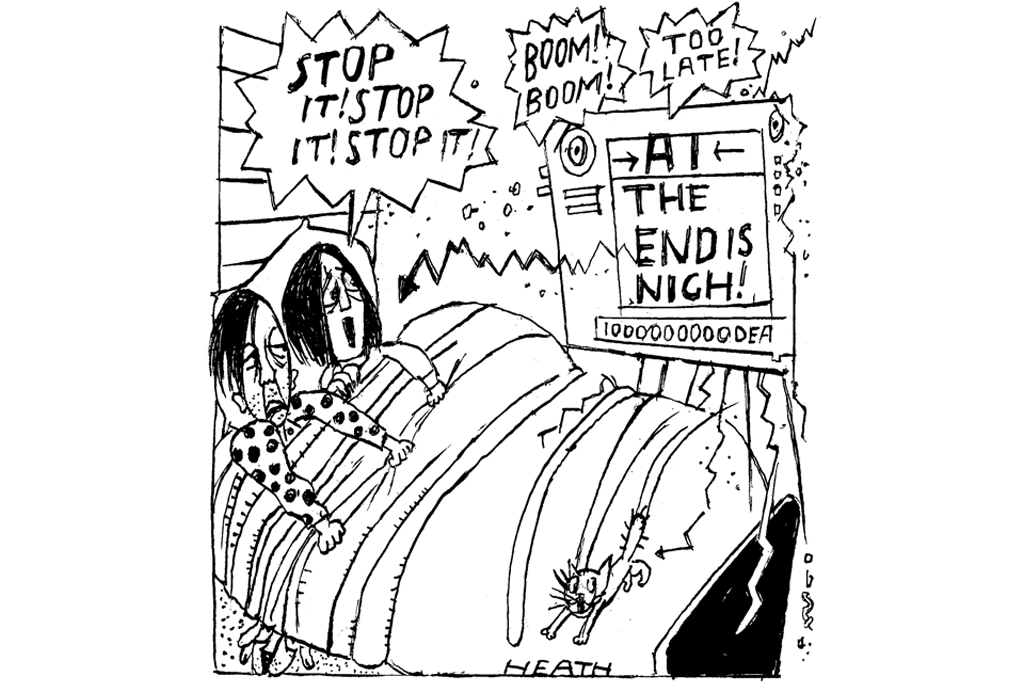I suit up most days (thank you, casual Fridays) and with the stress of New York’s walking speeds and tremendous cleanliness of its streets, the closet life of suits falls somewhere between the lifespan of a monarch butterfly and a succulent fathered by a man in his twenties, another way of saying: cherish life.
So, we will call it a Tuesday of last week. I found myself either a) running from hired guns of a Memphis law firm after I had uncovered their Cayman Islands-based money laundering scheme or b) catching my pocket on the armrest of a conference room chair, when I split my dress pants down the leg. With two suits at the dry cleaners, two incapacitated due to similarly harrowing incidents in the halls of big law, and one too small due to my recent adoption of the Chris Hemsworth diet (Thor of second act Avengers: Endgame), I was in a tremendous bind if I were to maintain appearances amongst fellow student debtors at work.
And I did what any good millennial would do. I pulled up Amazon Prime (sorry brick and mortar), I ordered the cheapest pair of ‘dress pants navy’ I could find and Jeff Bezos brought it to me. Truly a saving grace.
This is why the news last week was so troubling.
During the distraction that is the impeachment pageantry, the Guardian broke the story that the crown prince of Saudi Arabia, Mohammed bin Salman, supposedly hacked Amazon CEO Jeff Bezos’s phone in May 2018.
NBC News calls for panic — and they are right to do so — but perhaps not in the way they suggest. They contend that if Lord Bezos can be hacked, then we are all at risk of similar cyberattack. This is undoubtedly overblown as I doubt the Saudis will dedicate any bandwidth to discovering the ridiculous amount of photos and texts I store on my phone. Crippling cyber-packratism aside, the stakes are much higher with the phone of the single most powerful man on the planet (much to the chagrin of Elon Musk).
Therefore it’s both vital and necessary to our national security to consider any attack to undermine the functions and operations of Amazon Prime an act of war on the United States, for which the president should have wide latitude under the War Powers Act.
Under the Constitution, Congress can declare war under Article I and the president serves as Commander in Chief under Article II. The War Powers Resolution of 1973 requires the president to notify Congress within 48 hours of military action and provides that the president may not commit troops for more than 60 days. The National Defense Authorization Act for Fiscal Year 2012 incorporates by reference the War Powers Act leaving legal scholars to acknowledge that the provisions apply even if US military assets are deployed in cyber-military entanglements or operations.
In such a sensitive situation as Amazon Prime, the president should be able to retaliate and similarly protect American cyber-assets without notifying individuals who possess equally susceptible devices. As we know, Congress isn’t known as a particularly secretive body, nor for their ability to refrain from cellphone use. With an amendment to either the defense authorization bill or the War Powers Act, Congress protects the American people, our streams of commerce and two-day free shipping. They can name it the Amazon Defense of Delivery and Tools Of Cyber American Retaliation Transparency Act (the ‘ADD TO CART’ Act for short).
If you think this is a wild overreaction, consider the alternative. Imagine a brutal hacking where Jeff Bezos’s phone sends a kill signal to Prime (think The Dark Knight Rises) at the direction of a foreign government right before Christmas, your anniversary, or two days before you’re about to run out of toilet paper. It really puts it in perspective. A simple update to an existing statute and commerce can be protected in the short term.
Now that I’m thinking about it — has anyone checked on the cellphones of the Netflix and Disney CEOs?
Adding ‘Tums’, ‘bath bomb’, and ‘Tylenol’ to my shopping cart.


























